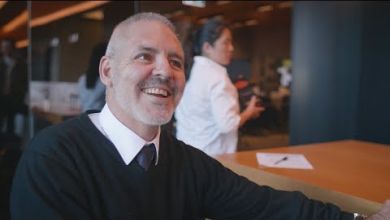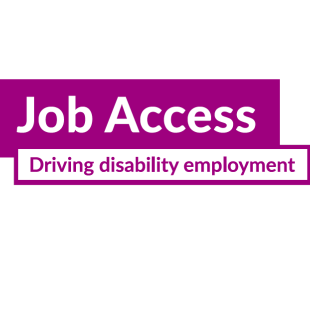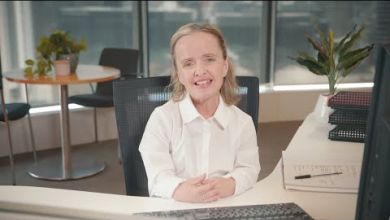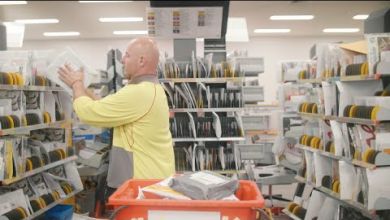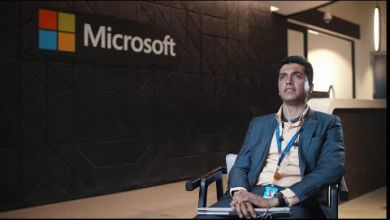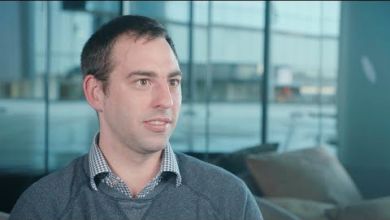Breaking barriers: Department for Child Protection embraces disability inclusion through JobAccess partnership
The Department for Child Protection, SA plays a pivotal role in keeping children and young people safe from abuse and harm. It also offers care to those who experience neglect in their family homes. With a view to improve workforce diversity, the Department partnered with the National Disability Recruitment Coordinator (NDRC).

